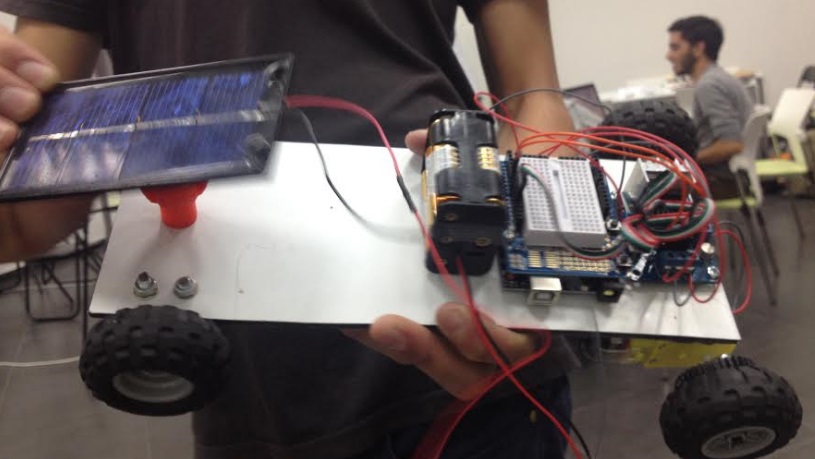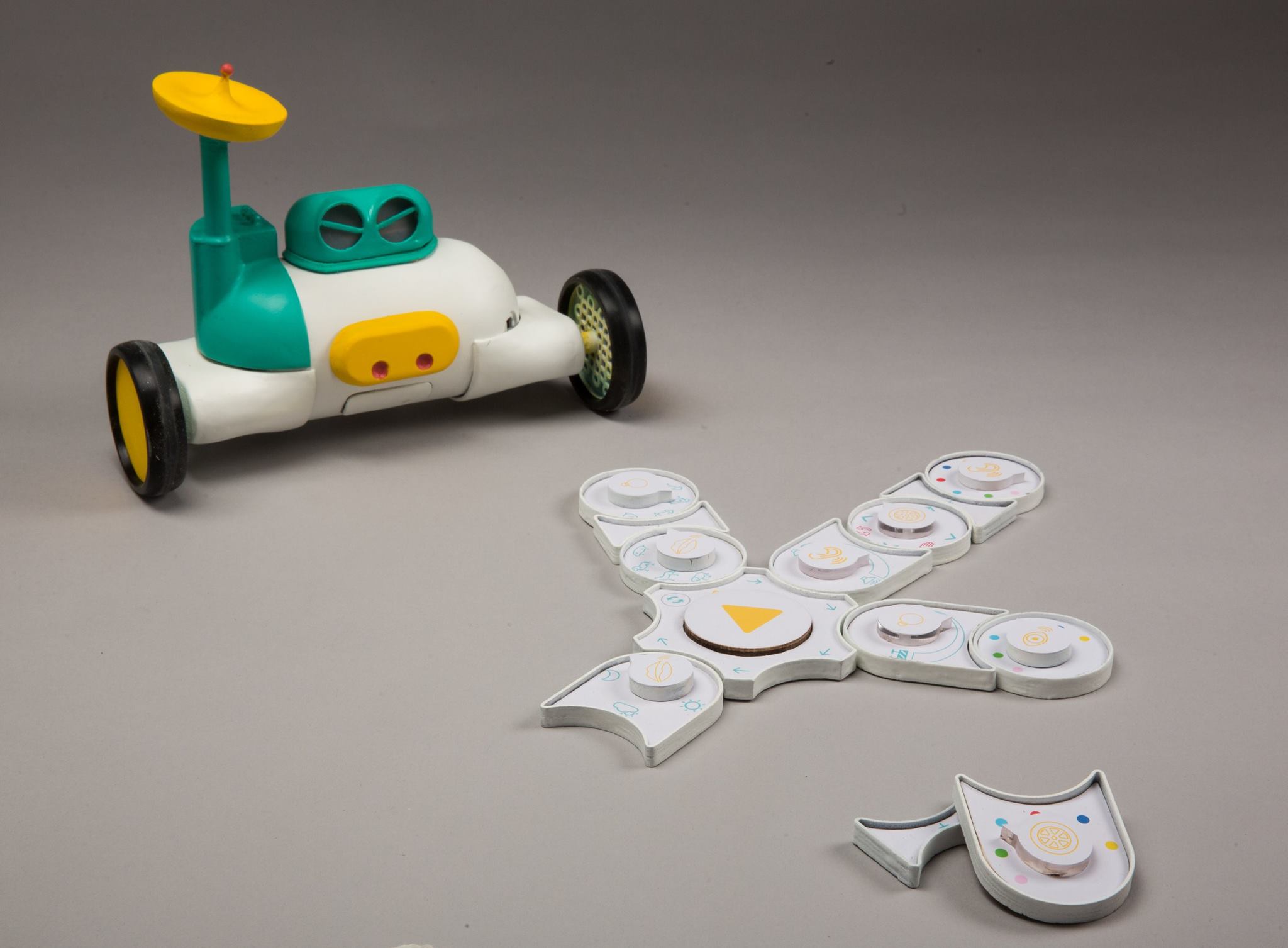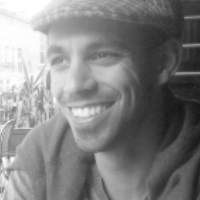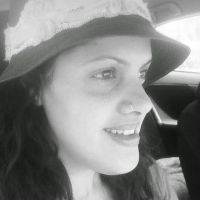
Ideation-> Design-> Prototype
The three chapters encapsulate core stages in product life-cycle. From a napkin to a business plan; Designing the user scenario and product wireframe; Prototyping and user testing.

Project-Based Learning
Students practice the skills themselves: ideation, time management and project management, software planning, user testing. By the end of the workshop, students create a startup exhibit and practice elevator pitches.

Values and Community
One cannot succeed alone. Students learn ways to interact with the local community and find the right complementary team members. We do our best to discover a win-win products with an emotional touch.
who is this for?
- You want to make a difference
- 16 to 40 years old
- Interested about technology and how it works
- You have many skills, but cannot be defined by only one of them
- You can be a programmer, maker, business person, designer or even a non-tech person
a successful Pilot
The highly successful course pilot run at the Q5 hub in Jerusalem during September-December 2015, in cooperation between Intel, Q5, Jerusalem municipality and Made-in-JLM, the local tech community. Over 50% of its participants are highly active, 2 of them now independents with their startups, 1 has crowd-funded twice!
Visit the pilot page and watch live talks



a little bird whispered
"You are exactly the type of people we want to grow up in this town!
Ofer Berkowitz, Deputy Mayor Jerusalem municipality
"Combine empathy, precise management and an innovative idea – and you got a great recipe for success!
Idan Zu-Aretz, intel Jerusalem Production General Manager
"one of the best courses we had
Daniel Bareket, Q5 Startup Hub Manager, Jerusalem
"Shachar is a professional that keeps himself updated. He doesn't hesitate to share from his experience and knowledge. He gives great importance to people around him and aspires them to achieve.







